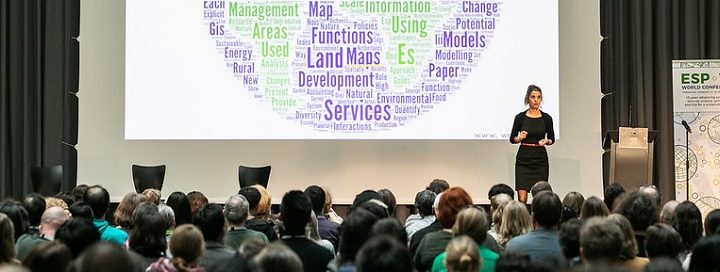Frontiers in Marine Science launched the Marine Ecosystems Ecology (FMARS-MEE) section in 2014, with a paper that identified eight grand challenges for the discipline (Borja, 2014). Since then, this section has published a total of 370 papers, including 336 addressing aspects of those challenges. As editors of the journal, with a wide range of marine ecology expertise, we felt it was timely to evaluate research advances related to those challenges; and to update the scope of the section to reflect the grand challenges we envision for the next 10 years. This output will match with the United Nations (UN) Decade on Oceans Science for Sustainable Development (DOSSD; Claudet et al., 2020), UN Decade of Ecosystems Restoration (DER; Young and Schwartz, 2019), and the UN Sustainable Development Goals (SDGs; Visbeck et al., 2014).
Find the full article here.


